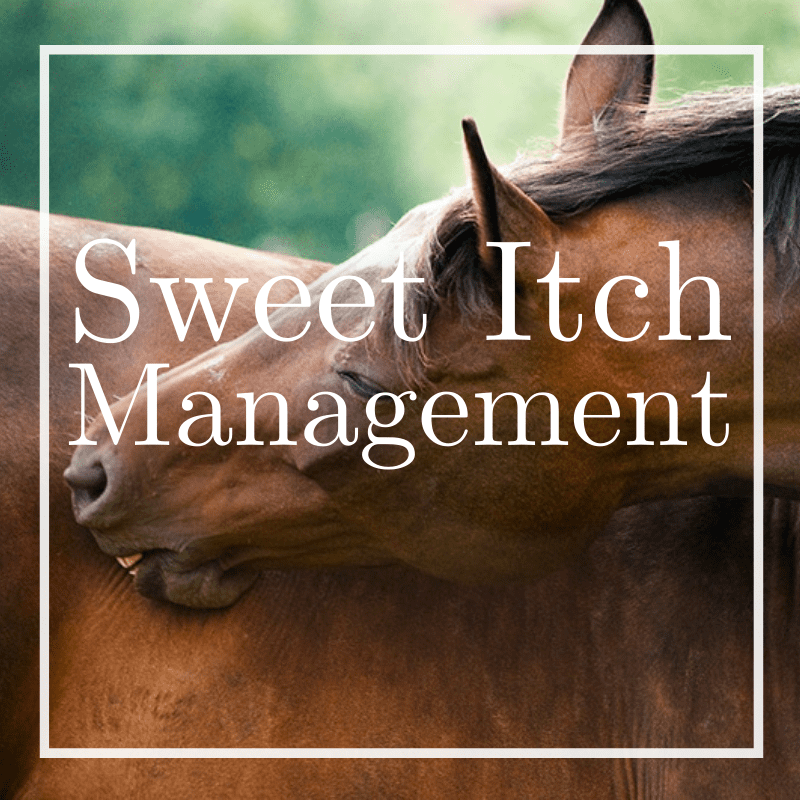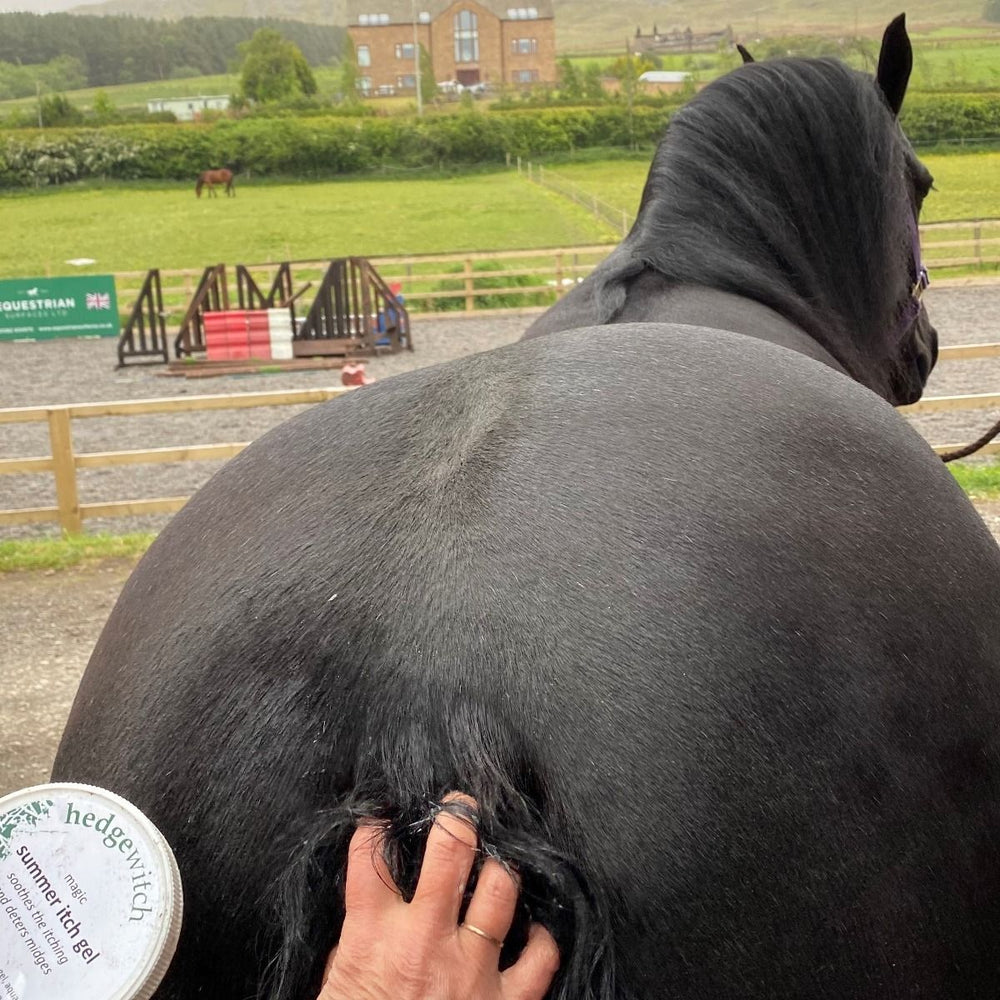Sweet Itch Solutions: Managing Allergic Reactions in Your Horse

Sweet itch, also known as summer eczema or insect bite hypersensitivity, is a common allergic reaction in horses caused primarily by bites from Culicoides midges. This condition leads to intense itching, discomfort, and skin inflammation, which can significantly affect your horse’s well-being. Managing sweet itch effectively requires a combination of preventive measures, treatment options, and environmental management.
Understanding Sweet Itch

| Aspect | Description |
|---|---|
| Cause | Allergic reaction to bites from Culicoides midges (biting midges) |
| Symptoms | Intense itching, hair loss, skin lesions, crusting, and secondary infections |
| Affected Areas | Mane, tail, belly, and other areas where midges bite |
| Seasonality | Typically occurs in warmer months when midges are active |
Preventive Measures
-
Stable Management
- Keep horses indoors during dawn and dusk when midges are most active.
- Use fine mesh screens on stable windows and doors to prevent midge entry.
-
Protective Gear
- Fly sheets and masks designed to cover affected areas can reduce bites.
- Use insect-repellent sprays formulated for horses.
-
Environmental Control
- Eliminate standing water and damp areas around stables to reduce midge breeding sites.
- Maintain good drainage and clean pastures regularly.
Treatment Options
- Topical Treatments: Anti-itch creams, corticosteroid sprays, and soothing lotions can alleviate symptoms.
- Oral Medications: Antihistamines and corticosteroids prescribed by a veterinarian may be necessary in severe cases.
- Immunotherapy: Allergy shots or desensitization treatments can help some horses build tolerance over time.
Nutritional Support
- Omega-3 fatty acids and other supplements may improve skin health and reduce inflammation.
Frequently Asked Questions (FAQ)
Q1: Can sweet itch be cured?
A1: There is no definitive cure, but with proper management, symptoms can be controlled effectively.
Q2: Are all horses susceptible to sweet itch?
A2: No, susceptibility varies; some breeds and individual horses are more prone than others.
Q3: How can I tell if my horse has sweet itch?
A3: Look for signs like intense scratching, hair loss, and skin lesions, especially during warmer months.
Q4: Is it safe to use human insect repellents on horses?
A4: No, always use products specifically formulated for equine use to avoid adverse reactions.
Conclusion
Managing sweet itch involves a holistic approach combining prevention, treatment, and environmental management. Early intervention and consistent care can greatly improve your horse’s comfort and quality of life.
This expanded content is designed to be SEO-friendly by incorporating relevant keywords, structured formatting, and comprehensive information to engage readers and provide valuable insights into managing sweet itch in horses.
